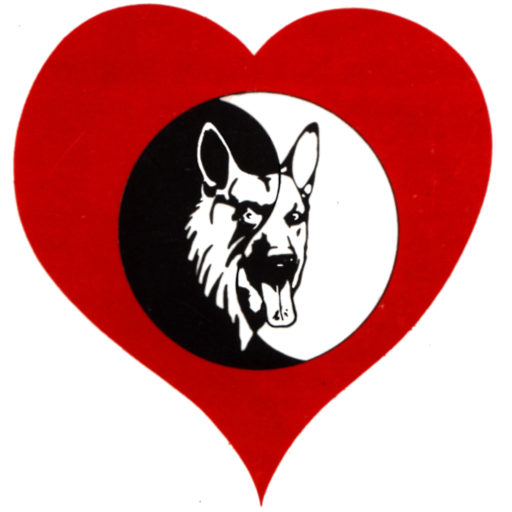Reactive Dog
A reactive dog is basically a dog who is showing undesirable aggression.
The term reactive dog is a fairly recent euphemism used mostly by all positive reinforcement trainers. I can see there is a need to describe different forms of aggression, but I don’t think reactive is it. The reason I don’t like using reactive to replace aggression is there are a lot more ways of being reactive than there are forms of aggression.
While this article does seem to be at odds with positive reinforcement trainers that’s not necessarily the case. I am not against positive reinforcement trainers. Neither am I against all positive reinforcement training. In fact I’m a big positive reinforcement advocate. However, I do find some trends in the positive reinforcement community going in undesirable directions. If the term reactive dog does evolve into a useful term I will need to rewrite this page.
The subject of aggression and dogs really gets at some important issues of dog training. We can probably learn more about dogs in general by understanding aggression than just about any other single subject. I do believe that aggression is present in more social encounters than do many of the “positive reinforcement trainers.” If we look closely we can observe that aggression, in some form, is highly integrated into many social interactions.
How does one distinguish between a reactive dog and an aggressive dog? Or are there no aggressive dogs? Are “positive reinforcement trainers” trying to not believe in aggression? After all, most people associate aggression with aversives. It’s well known that using aversives is against the beliefs of all positive reinforcement trainers. How individuals define aggression may indicate their orientation toward different training methods.
One reason many “positive reinforcement trainers” use reactive opposed to aggressive could be to distance themselves from what have been described as “traditional trainers.” I wonder if the real reason some trainers started using the term reactive was just to develop product differentiation for marketing. It appears that “positive reinforcement trainers” felt a need to differentiate themselves by putting a positive spin on what many consider an undesirable behavioral trait. This makes sense because these trainers want to portray an all positive image.
It’s logical that “positive reinforcement trainers” would undervalue aggression because their foundation of understanding is based in the traditions of operant behavior. The father of operant behavior B.F. Skinner had a dislike for instinct and emotion as an explanation for behavior. He did not totally dismiss instincts and emotions, he just didn’t think they should be used as a scientific explanation if one could not prove they caused the behavior. As a disclaimer I have to mention that I am a big B.F. Skinner fan. So I’m not opposed to naming aggressive behavior without referring to the emotional states of aggression.
An interesting perspective comes from the opposite camp in the debate about behavior, the ethologists. Ethology is the scientific study of animal behavior, and a sub-topic of zoology. Konrad Lorenz is often thought of as one of the founders of ethology and he gives quite a different picture of behavior and aggression. While some of his ideas are dated, many still hold true. I am always fascinated by the role of ritualized aggression.
It is my understanding that ritualized aggression is the glue that holds many parts of a social system together. This includes dog packs and families. New forms of ritualized aggression as a possible emergent behavior holds even more promise than did Lorenz’s original findings. Understanding the importance of ritualized aggression in dominance hierarchies can give us another reason why “positive reinforcement trainers” would prefer not to describe behavior as aggression. Most positive reinforcement trainers don’t like the idea of dominance hierarchies having any influence on the human/dog experience, some even question that dogs are pack animals. While pack theory in dogs is a separate subject it is related to aggression and “reactive dogs.”
The bottom line is, does using the term reactive dog help in describing behaviors that have traditionally been associated with aggression?
